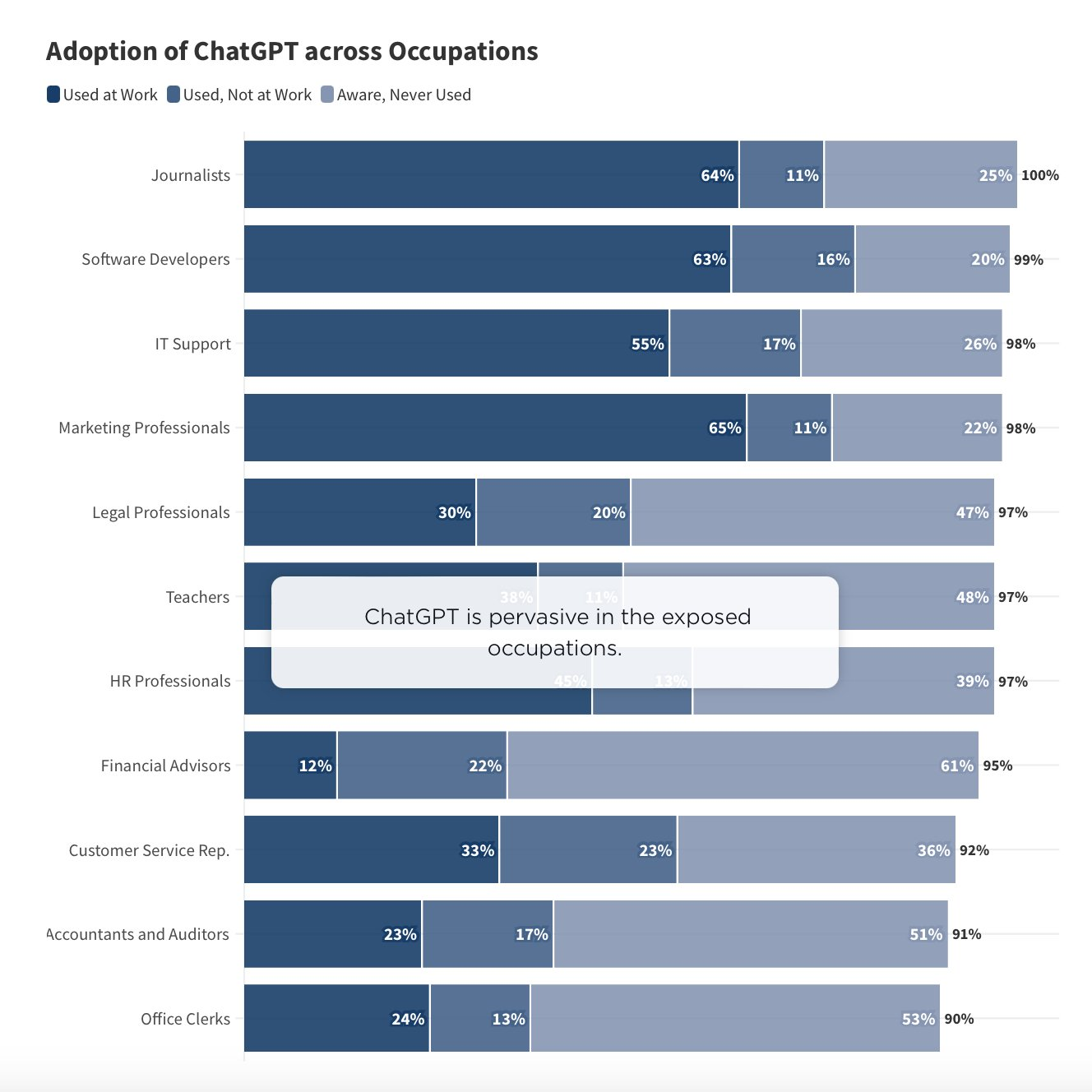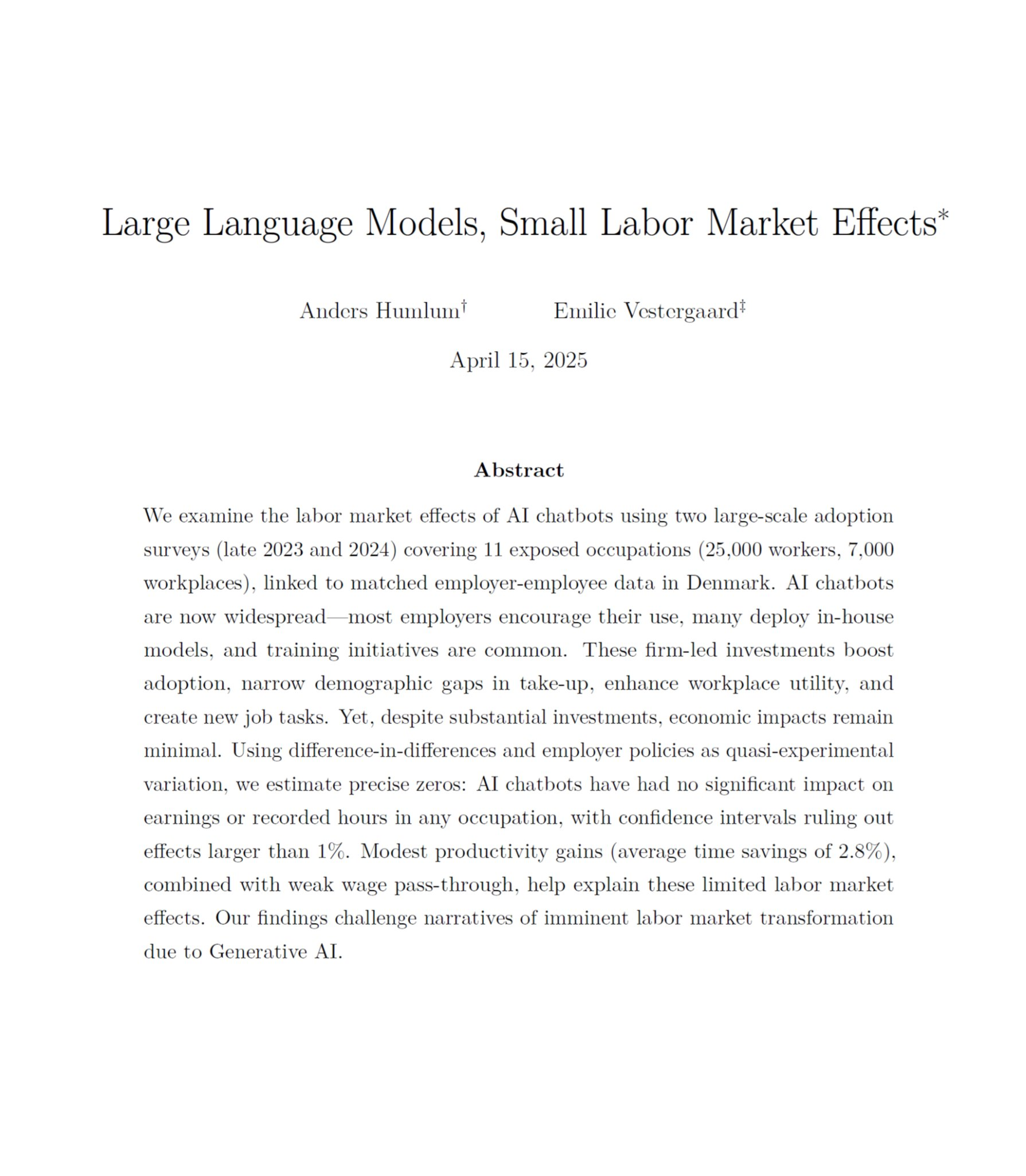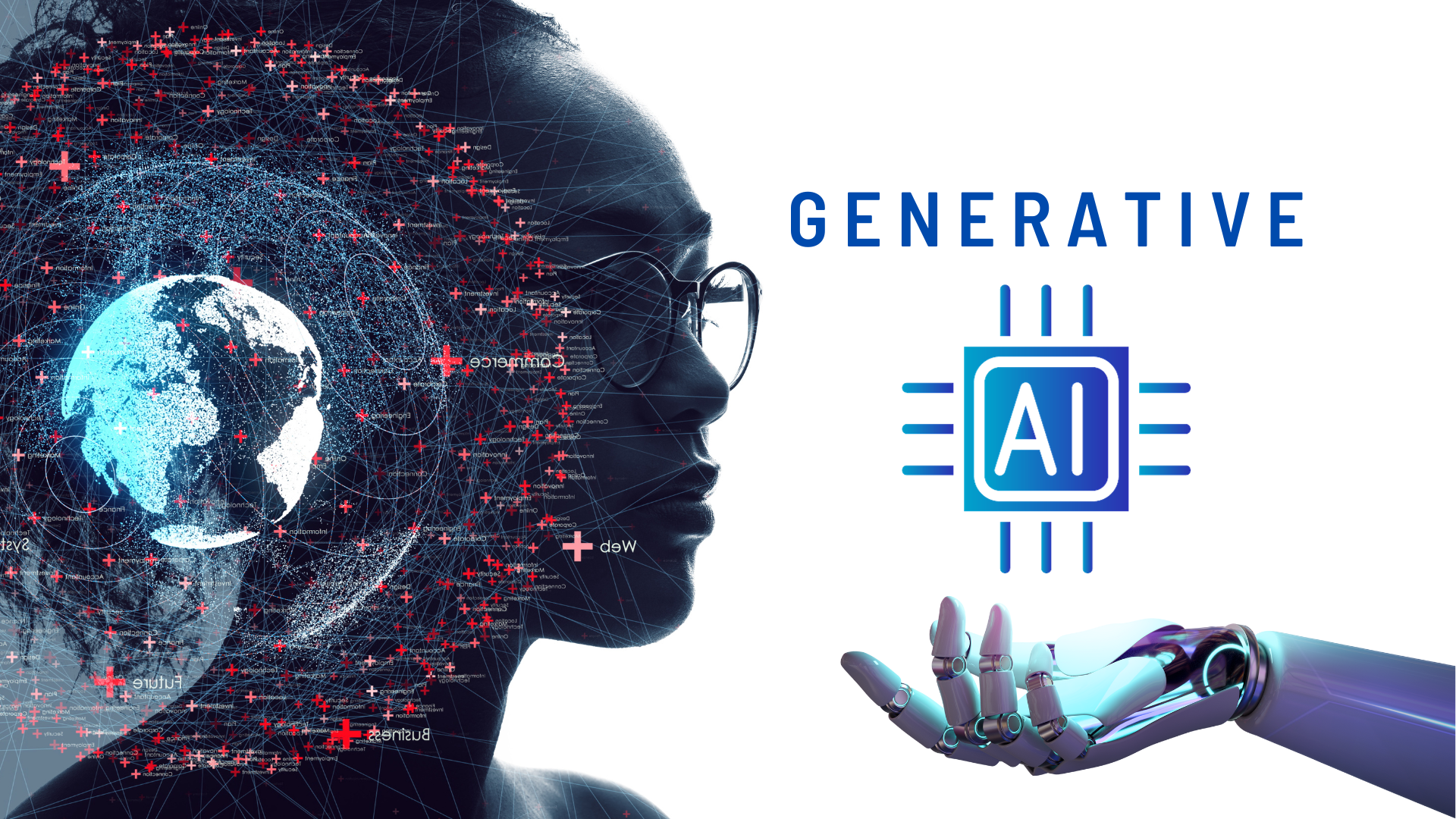- In spite of increasing anxiety across sectors, a fresh of economic studies indicates that Generative AI is not automating jobs or depressing wages at least not yet.
- While headlines tend to emphasize automation and job displacement.
- Economists say the actual effect of Generative AI on labor markets is much more complex and, in most instances, unexpectedly positive.
Economists Shoots Positive Sides
In a working paper published earlier this month, economists Anders Humlum and Emilie Vestergaard examined the labor market effect of Generative AI powered chatbots on 11 jobs, representing 25,000 employees and 7,000 firms in Denmark in 2023 and 2024.
These include a host of occupations identified as at risk of replacement by AI,
- Accountants
- Customer support personnel
- Financial analysts
- HR experts
- IT service technicians
- Journalists
- Legal workers
- Marketing staff
- Office managers
- Software coders
- Teachers

Changing the Story, From Fear to Opportunity
The concern that Generative AI would bring mass unemployment stems from the early history of automation, when robots took the jobs of assembly line workers in factories. But the use of Generative AI is distinct it tends to augment human effort in tasks such as writing, coding, design, and customer support.

Economists point out that the majority of present applications of Generative AI enhance human work instead of rendering it unnecessary. For example, copywriters utilize AI to generate ideas for content, software developers utilize it to find bugs, and marketers use AI generated insights to design campaigns. These augmentations enable professionals to perform their tasks more effectively, not render them redundant.
What’s Next for Workers and Employers?
As Generative AI evolves, the challenge will be adaptation. Employees who adopt AI tools and learn how to harness them effectively will be likely to flourish in the new digital economy. Employers that invest in AI training and intentional integration, meanwhile, will realize long term productivity benefits.
Economists concur, far from eliminating positions, Generative AI is remaking them. The focus is moving from repetitive tasks to higher-value work demanding critical thinking, emotional intelligence, and human judgment skills unmatchable by machines.
Generative AI as a Partner, Not a Threat
The panic surrounding AI and its purported effect on employment and wages can be exaggerated. Economists tell us that this technology is not a job killer but a force that can enable employees, enhance performance, and open up new economic potential.
So far as society prioritizes education, upskilling, and safe innovation, Generative AI stands a better chance of being a collaborator for progress rather than a precursor to job loss.
Also Read : FOMC Meeting, All Eyes on Jerome Powell Ahead of May 7th FOMC Decision



